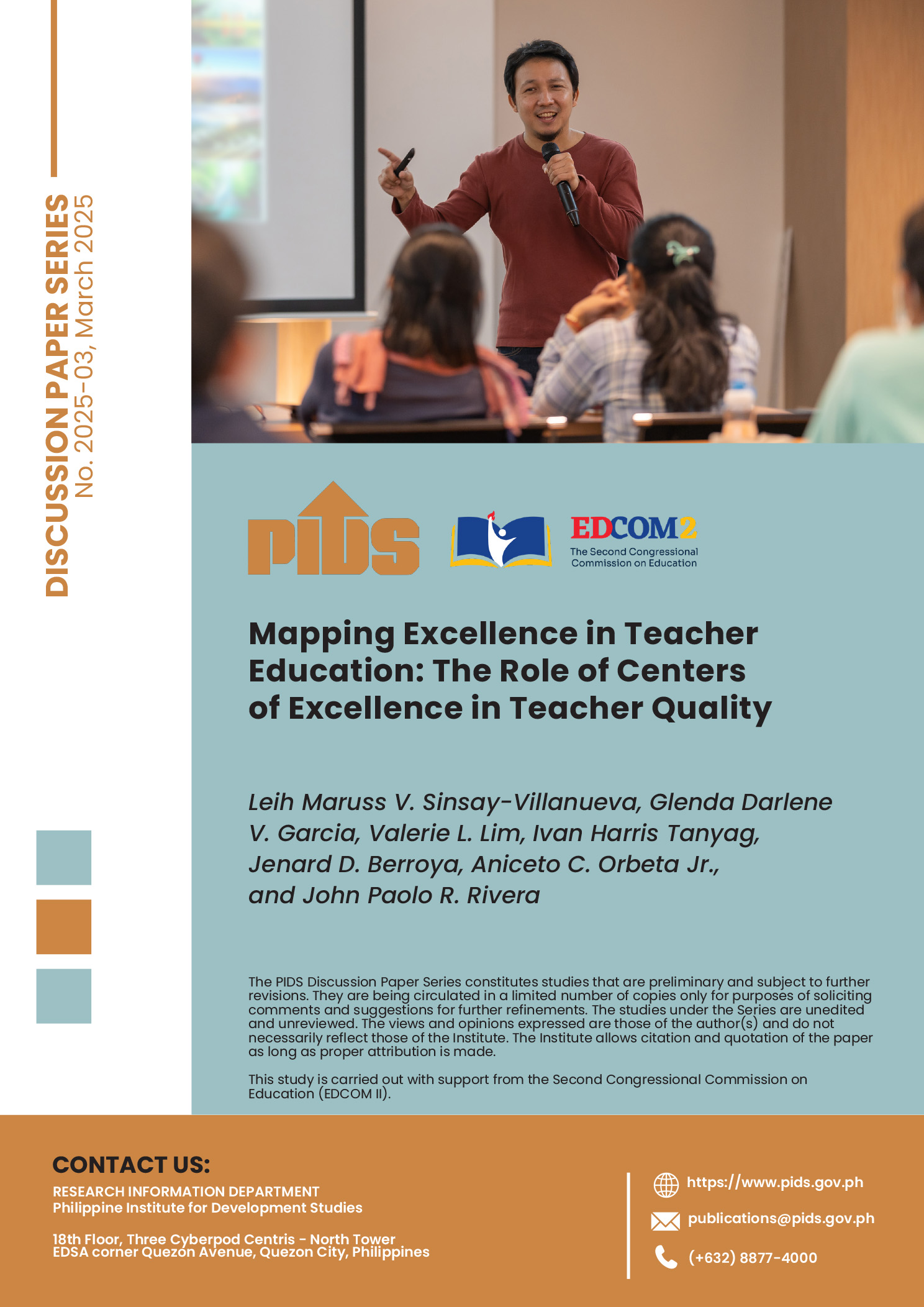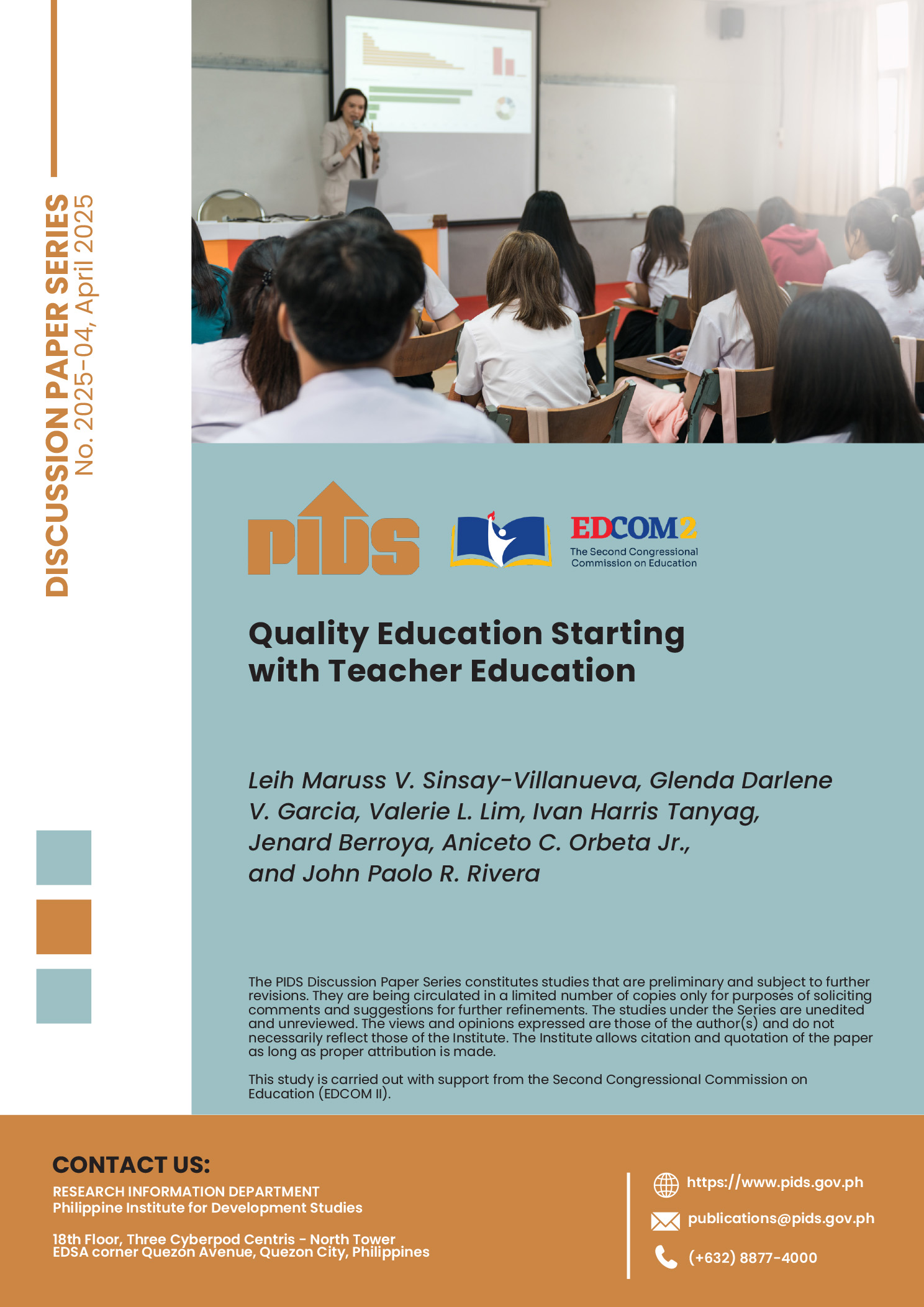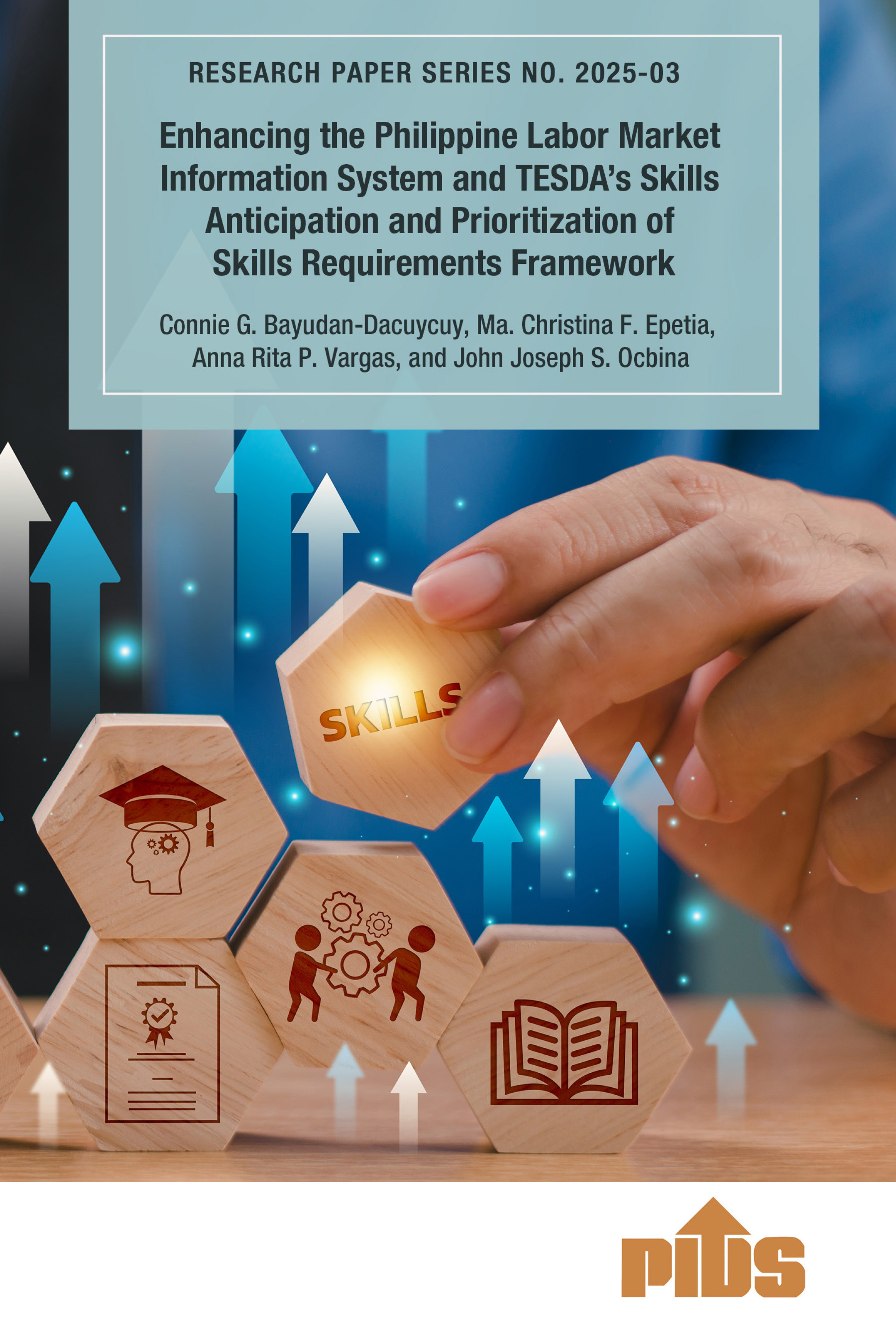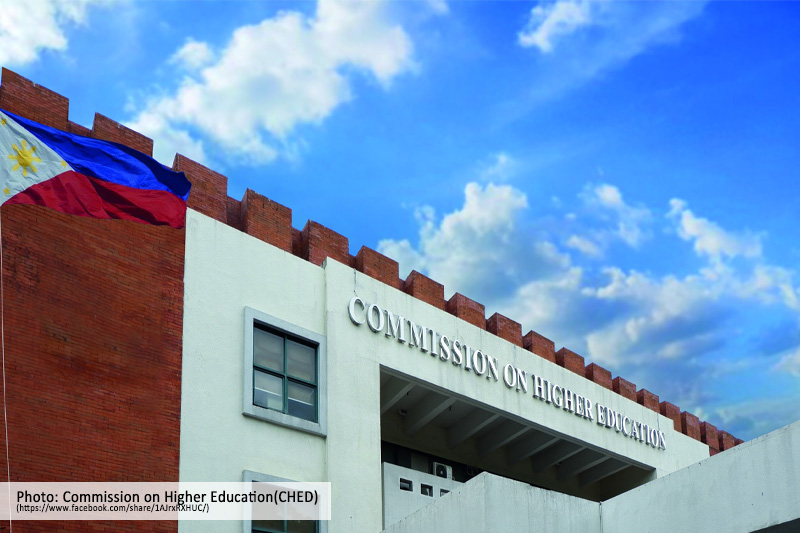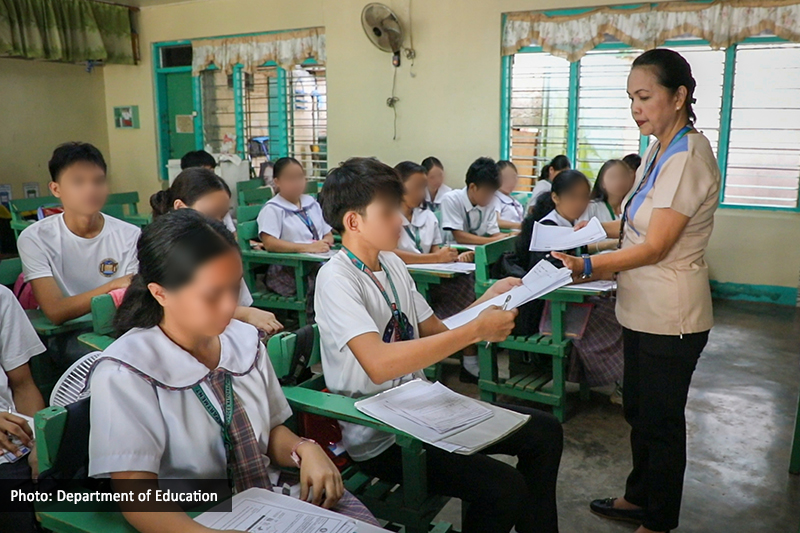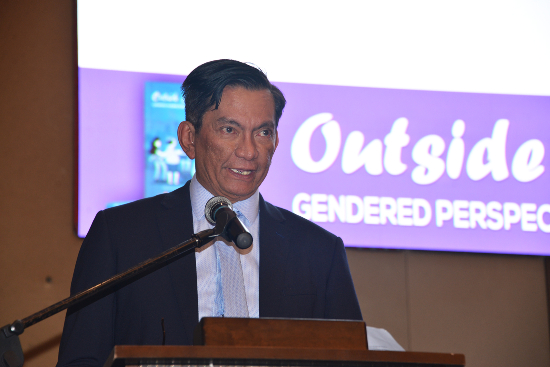
“The Philippine education sector is plagued with a serious systemic problem that requires a systemic solution.”
This, Albay Representative Joey Salceda said during a book launch conducted by state think tank Philippine Institute for Development Studies (PIDS) in Quezon City recently.
Salceda said that the country’s global standing in providing quality education for students has been sliding in the previous years.
This is evident in the outcomes of various national and international assessments such as the National Achievement Test (NAT) administered by the Department of Education (DepEd) and the Programme for International Student Assessment (PISA) conducted by the Organization for Economic Co-operation and Development (OECD).
The 2018 NAT results showed that the “mean percentage score of grade 6 students was at 37.4 percent” which suggested that “students, on the average, got half of the items correctly.”
Meanwhile, 15-year old Filipino students scored lowest in reading and ranked second to the lowest in terms of science and mathematics in the 2018 PISA.
Aside from the PISA and NAT, the Philippine Informal Reading Inventory (Phil-IRI), also showed a gap of 0.2 percent in the reading skills of young elementary students. “Although the Phil-IRI is not a standard tool, the result is consistent with the outcomes of other assessments which suggest that our kids are not having the proper reading skills,” Salceda noted.
To address these issues, Salceda shared some of the strategies he implemented when he was governor of Albay.
Salceda narrated that Albay was performing poorly in assessments back then. The province was at the 118th spot among 123 school divisions in Region V but improved its ranking over the years.
“When I became governor, we were spending only 1 percent of the total budget on education. Then, I ramped up the Special Education Fund to 34 percent,” he recounted, adding that the improved resources of the DepEd and the conditional cash transfers have also contributed to increasing the access to primary education in the province.
Aside from putting more money into basic education, Salceda said the provincial government has provided incentives to teachers and barangays for their active participation in organizing and supporting their schools. “[From number 118], we became number 19 in five years. There is something that can be done by local governments. There is a missing link there, it is called community. Once you mobilize the community, it goes a long, long way,” he explained.
He also implemented “free college education for all” in Albay to give everyone a chance to pursue tertiary education. But this, he said, was “a very expensive experiment”.
Salceda also chose to invest more on capacity-building programs to improve the skills of his constituents and increase their employability. He said this strategy worked for Albay as they were able to bring down their poverty incidence from 42 percent to 14.1 percent.
Moreover, Salceda said it is important to address the prevalence of stunting in the country, which is one of the root causes of poor academic performance. A PIDS study found that one in every two children under the age of five suffer from stunting. Salceda said that ages 0 to 5 are the most crucial period in the mental and intellectual development of a child. Hence, government should prioritize poor mothers who cannot afford proper nutrients and maternal care during their pregnancies.
He also stressed the need to learn skills aligned with the jobs of the future. Salceda said the courses and programs offered by the Technical Education and Skills Development Authority are viable education options for young Filipinos.
The Albay representative also urged research institutions like PIDS to continue providing evidence-based policy recommendations to legislators. “Kailangan yung ginagawa ninyo ay maging batas. Kailangan po na yung policy maging affirmative action [of] the state, on behalf of those who do not have the capacity to fight for a better life. The studies of PIDS should prompt positive consequences in the lives of ordinary people [and] make this a better country which promises a better future,” he concluded. ###
This, Albay Representative Joey Salceda said during a book launch conducted by state think tank Philippine Institute for Development Studies (PIDS) in Quezon City recently.
Salceda said that the country’s global standing in providing quality education for students has been sliding in the previous years.
This is evident in the outcomes of various national and international assessments such as the National Achievement Test (NAT) administered by the Department of Education (DepEd) and the Programme for International Student Assessment (PISA) conducted by the Organization for Economic Co-operation and Development (OECD).
The 2018 NAT results showed that the “mean percentage score of grade 6 students was at 37.4 percent” which suggested that “students, on the average, got half of the items correctly.”
Meanwhile, 15-year old Filipino students scored lowest in reading and ranked second to the lowest in terms of science and mathematics in the 2018 PISA.
Aside from the PISA and NAT, the Philippine Informal Reading Inventory (Phil-IRI), also showed a gap of 0.2 percent in the reading skills of young elementary students. “Although the Phil-IRI is not a standard tool, the result is consistent with the outcomes of other assessments which suggest that our kids are not having the proper reading skills,” Salceda noted.
To address these issues, Salceda shared some of the strategies he implemented when he was governor of Albay.
Salceda narrated that Albay was performing poorly in assessments back then. The province was at the 118th spot among 123 school divisions in Region V but improved its ranking over the years.
“When I became governor, we were spending only 1 percent of the total budget on education. Then, I ramped up the Special Education Fund to 34 percent,” he recounted, adding that the improved resources of the DepEd and the conditional cash transfers have also contributed to increasing the access to primary education in the province.
Aside from putting more money into basic education, Salceda said the provincial government has provided incentives to teachers and barangays for their active participation in organizing and supporting their schools. “[From number 118], we became number 19 in five years. There is something that can be done by local governments. There is a missing link there, it is called community. Once you mobilize the community, it goes a long, long way,” he explained.
He also implemented “free college education for all” in Albay to give everyone a chance to pursue tertiary education. But this, he said, was “a very expensive experiment”.
Salceda also chose to invest more on capacity-building programs to improve the skills of his constituents and increase their employability. He said this strategy worked for Albay as they were able to bring down their poverty incidence from 42 percent to 14.1 percent.
Moreover, Salceda said it is important to address the prevalence of stunting in the country, which is one of the root causes of poor academic performance. A PIDS study found that one in every two children under the age of five suffer from stunting. Salceda said that ages 0 to 5 are the most crucial period in the mental and intellectual development of a child. Hence, government should prioritize poor mothers who cannot afford proper nutrients and maternal care during their pregnancies.
He also stressed the need to learn skills aligned with the jobs of the future. Salceda said the courses and programs offered by the Technical Education and Skills Development Authority are viable education options for young Filipinos.
The Albay representative also urged research institutions like PIDS to continue providing evidence-based policy recommendations to legislators. “Kailangan yung ginagawa ninyo ay maging batas. Kailangan po na yung policy maging affirmative action [of] the state, on behalf of those who do not have the capacity to fight for a better life. The studies of PIDS should prompt positive consequences in the lives of ordinary people [and] make this a better country which promises a better future,” he concluded. ###

